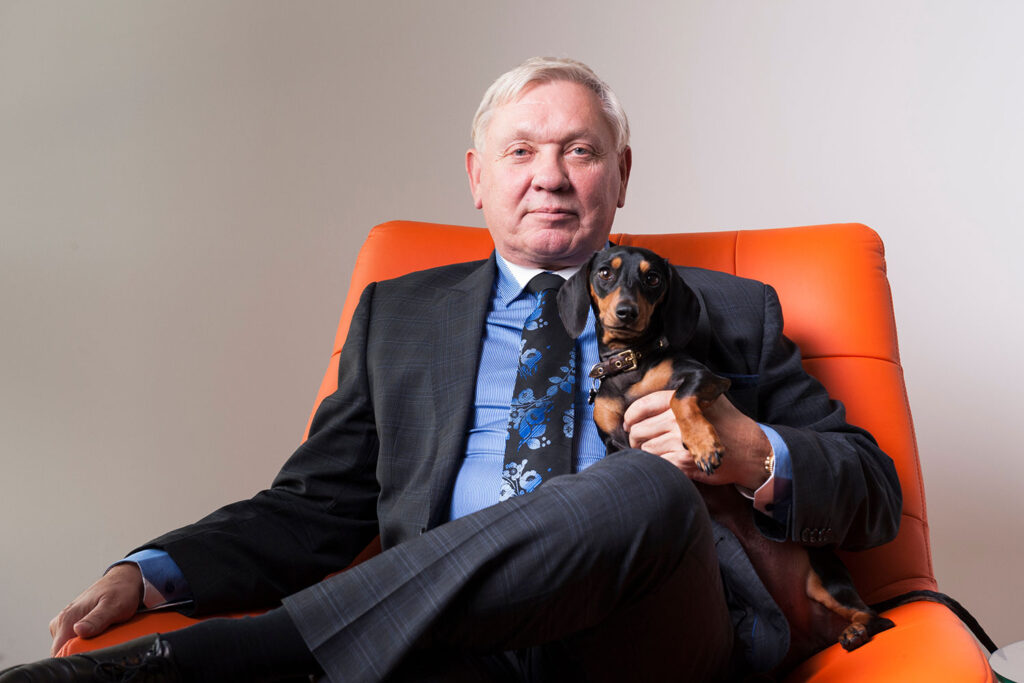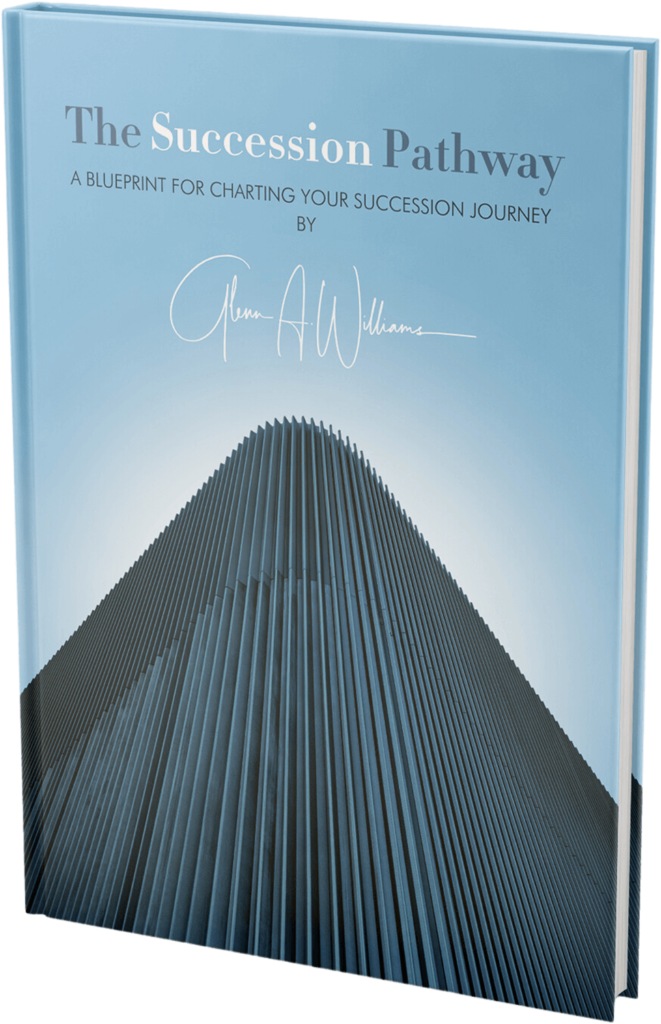The Midas touch
Paul was successful and wealthy. By the time he turned 50, the Melbourne businessman had accumulated transport and property assets in two countries, served on four boards, was doing some philanthropy and was involved in his church community. By any objective standard, Paul was a self-made man. He was not royal born, but like Midas, the mythical king of ancient Greece, Paul had already demonstrated a particular talent for turning everything he touched into gold.
Paul had worked hard for what he had created. He was born smart, but also restless for achievement. In 1973, he graduated dux of his school in Melbourne’s leafy eastern suburbs, and over the next several years studied hard for his commerce degree and earned his accounting CPA accreditation. Paul could certainly count money, but he also wanted to learn how to make it, and in the early 1980s there were few more dynamic entrepreneurial role models than Bob Ansett, founder of Budget Rent a Car.
Paul joined Budget as a young accountant whilst doing the university course and learned from the ground up the operating and customer service models that were propelling Budget into a multi-national, multi-million dollar enterprise. In a company like Budget there were no short cuts. But there were rewards for talented and hard working managers like Paul. Paul ascended the ranks. He understood intimately the strong cash flow potential of a vehicle rental operation, and as the expanding business was franchised he took the opportunity to steadily acquire some franchises of his own.
So, by 2005, Paul seemingly had it all. He was the largest Budget franchisee in Australia, with twelve operations in two states renting out 1200 cars and trucks, and was Chairman of Budget’s advisory council. He was married with four children. He had forged his business assets into a growing family company, and a number of his family and friends worked for him. Paul’s continued success and community profile were admired by others, and he was recruited for the boards of Variety the children’s’ charity, the Marsh Foundation, which recycles medical equipment, and Life Education Australia, a health awareness organisation. He was being sought after for increasingly more roles, and saying no to few of them.
All that glitters is not gold
But there was also something nagging at Paul. For all his success, he was not happy and he had lost some excitement for what he was doing. It wasn’t his drive: he was working as hard as ever. He knew his discontent lay deep down; the trouble was he couldn’t exactly say what it was, he didn’t know what to do about it, and he wasn’t sure what to do next.
A crux moment came when Paul was in the US with a colleague to drum up support for a major charity. His friend, also a successful entrepreneur, turned to Paul, and, knowingly, asked him: “You know, are you actually happy?” Paul paused, and replied, “Well, no, not exactly.” Paul’s honesty became his milestone insight.
Thus, despite all his considerable success – and although, they were not yet fully apparent to him – Paul faced five key challenges.
First, he had developed a working style that was ideally suited to doing, but not well suited to governing. Paul was most comfortable pulling together money and people, talking to customers and raising funds for new ventures and causes. He was exceptionally good at building businesses and charities, but he hadn’t yet developed the additional skills necessary to oversee and guide all these things in his life as they grew from a few into many.
Second, Paul had over decades honed a tireless work ethic, but built neither the matching systems nor the resources necessary to enable him to delegate in order to manage them. Even as a multi-business owner, Paul had somehow operated without a sophisticated framework for organising his many priorities or tasks, or a personal assistant to help him triage them.
Third, Paul often put faith and loyalty ahead of performance with the family members and friends who worked for him. At one stage, Paul had three of his children working for him, and he regularly entertained and engaged with many of his key employees as friends. This helped keep Paul’s business interests tight, but it also created significant problems when performance dropped off and he needed to correct things.
Four, he was working punishingly long days, but not enabling himself physically to perform at that pace. Business and charitable work meant that Paul was often entertaining or being entertained, he was getting out of shape, and after allowing for his work schedule, the first thing to get cut was exercise.
Finally, eroding his relationships with his wife and children, around the clock Paul tended to put his work first. Paul and his family were accustomed to him working six days a week, but there were growing tensions because on his rest day or on holidays he would regularly allow his mobile phone to interrupt the limited time he did have with his family.
So, it would emerge that what was nagging Paul was his search for fulfillment and balance. Fundamentally, he was looking to experience more peace in his life. Over three decades, he had skewed his considerable drive towards his career and wealth creation. Paul’s moment of insight was a critical first step but without diagnosis, clarity about what to do was going to prove elusive.
Finding a new alchemy
Paul’s breakthrough came with two important realisations. First, was recognising that for him, fulfillment and peace meant not just building and accumulating wealth, but leaving a legacy that was valuable and durable for his family and his community. Second, was identifying that in order to realise that he would need to make some radical changes.
Methodically, over several years, and with some professional guidance, Paul set about putting things right. He did this by undertaking a process that caused him to become much clearer about what he wanted, learning the new skills he needed to get there and putting these together with what he was already very good at.
Most importantly, Paul embarked on a process that would help him diagnose his challenges, and get more organised and disciplined about what he needed to get done. This brought him renewed clarity about his business and, for example, led him to draw up an annual one-page business plan for each of his business and investment interests which he now reviews and renews annually each January.
He began to actively invest in the people who worked closely with him, giving them clear choices about their performance and their future with his company, and establishing clearer boundaries between family, friends and business. Not everyone stayed to accept the change, but those who did grew more capable.
Paul cut his board commitments to those he had a very good fit with and he began to think more intentionally about where outside his business he wanted to make a difference.
Paul also worked on the way he projected himself and learned to perform more as a leader rather than as a manager. Becoming more comfortable in the way he communicated, dressed and influenced outcomes allowed him to move between his work operations, boardrooms and charity functions more seamlessly.
Finally, he consciously made room for weekly exercise, with time at the gym and walking, and started putting clear boundaries around time for his family.
Paul’s new alchemy and renewed focus have brought very rewarding results.
Paul has grown his business interests into a diversified conglomerate, complete with a wealth administration division, but is spending 60% less time involved in them and is travelling more internationally. And at the same time, he has re-established a mature and loving relationship with his children and family.
Paul has also completed the establishment of three orphanages in Bali to care for abandoned Indonesian children, and in 2009, Paul was awarded the Medal of the Order of Australia for service to children and youth for his various charitable and philanthropic works.
2013 saw the opening of a new multi-million dollar educational wing at his old school which they named
The Wheelton Centre in recognition of his contribution both to the school and the community both financially and in general support.
Paul Wheelton, Chairman
(Specialty Programs and Professional Partnership)







